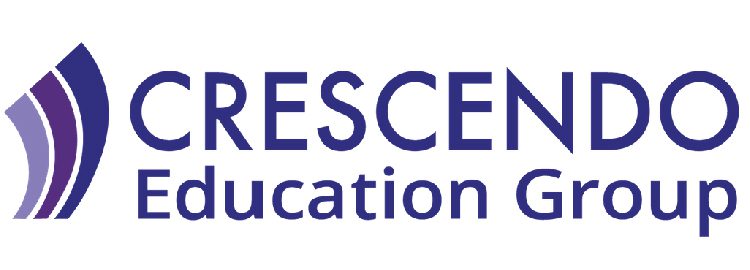Professional work environments in the 21st century are all about collaboration and teamwork. We want our students to learn important skills of working together: to identify and utilize their unique talents as well as the talents of others, to contribute to a shared goal, and to manage, compromise, and coordinate so that the group functions effectively. We traditionally believe that assigning a group grade—where every student receives the same grade based on the group’s performance or product—rewards and incentivizes students for learning these skills.
However, assigning a group grade is inequitable.
First, it’s inaccurate. If the grade on the group’s product is given to everyone in the group, we have no confidence that the level of knowledge demonstrated by the report (on which the grade was based) represents each individual member’s level of knowledge that they learned by participating in the group’s work. For example, if the group is assigned to research and report on a concept, and the quality of the final report is a B, it is nearly impossible for the teacher to distinguish, much less to evaluate, each student’s individual role in earning that B and whether each student mastered a B level of that content. If a teacher knows (and how could she not know) that some students in a group will contribute more than others, why would she award every group member the same grade? After all, how would we feel if our entire grade level or department team received the same evaluation?
A group grade is often biased as well. If during group work a teacher assigns each student a grade based on their “collaboration skills”, such as how each student shows respect to other members of the group or manages the group’s time, this evaluation of student behavior is highly subjective and susceptible to a teacher’s bias. Additionally, a group grade isn’t effective at motivation; using grades as a behavior management strategy—to incentivize the student to work productively in a group—relies on a century-old, and now debunked, assumption that extrinsic motivation improves learning. It doesn’t. Once the incentive of the grade is taken away, students will no longer perform; they won’t have learned to be intrinsically motivated to collaborate.
At its essence, a group grade confuses means with ends. The purpose of group work is not to create some product in which all members participate, but for each student to learn specific skills or content through the group’s work together. A group report is intended to teach important content to the entire group, and the only way to accurately assess the success of that group’s work together is to individually assess each group member’s understanding of the content the group work was designed to teach. If the group works together like a well-oiled machine and completes a high-quality project, but not all members of the group learned the content that project was intended to teach, what good was the collaboration and project completion? We can’t argue that at least the group learned how to work well as a group, because the best measure of whether students worked well as a group is whether they learned the intended content, through an assessment of each individual student.
Does that mean we should stop assigning group work? Should we no longer teach or value collaboration? Of course not. These are essential skills, but we have to teach them as means to an end—we use collaboration skills with each other because doing so yields more learning, not because we get points for it. In the professional workplace, you aren’t valued as an employee simply because you are a good listener or collaborator; you’re valued because your good listening and collaboration skills makes you more productive and produce better outcomes. We must use rubrics that clearly describe what collaboration looks like, give students feedback on how they collaborate, have their group self-assess–How did our work together improve each of our understanding? How did we behave toward each other to get the best from each of us?
Learning to collaborate and work in a group are essential skills for a student’s success. We need to value it by showing students why it matters–not by putting it in our grading, which renders our grades less accurate and less equitable–but by connecting it to what effective group work in classrooms yields: greater learning for each student.


